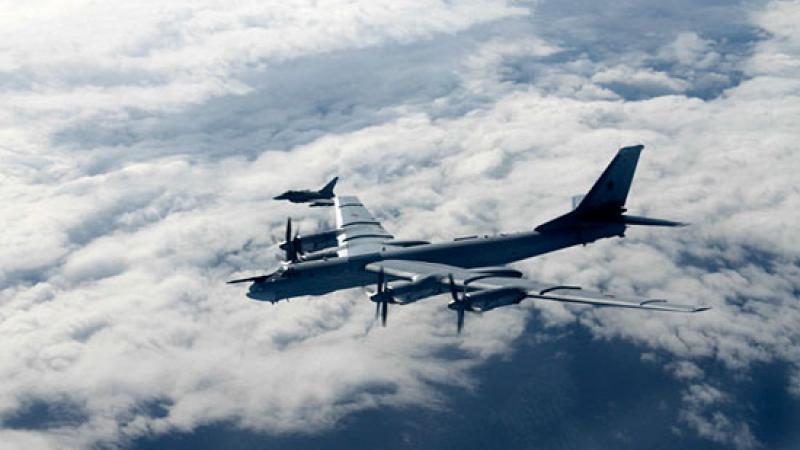Civil war ahead? Afghanistan ex-VP declares himself in charge, forms anti-Taliban resistance
"This is a very strong indication that the Taliban is not going to take over power as smoothly as they thought," one commentator said.
Stories emerged from Afghanistan on Tuesday of an anti-Taliban resistance movement forming inside the mountainous homeland of a legendary fighter, while the country's former vice president declared himself the head of Afghanistan.
The resistance is centered northeast of Kabul, in Panjshir province, according to reports. The leader is Amrullah Saleh, who announced on Aug. 17 that he is the "caretaker president" after ex-president Ashraf Ghani fled Afghanistan over the weekend.
"As per the constitution of Afghanistan, in absence, escape, resignation or death of the President the FVP [first vice president] becomes the caretaker President," Saleh tweeted. "I am currently inside my country and am the legitimate caretaker President. Am reaching out to all leaders to secure their support and consensus."
Saleh appears to have been joined by Ahmad Massoud, the son of the legendary "Lion of Panjshir," Ahmad Shah Massoud, a guerrilla commander who fought Soviet forces inside Afghanistan. The "Lion" subsequently fought the Taliban regime, and was killed in 2001.
A video appeared Monday on Twitter and other social media platforms, purporting to show Saleh and Masoud, along with armed associates, on a war footing while boarding a military helicopter.
"Amrullah Saleh, Vice President of Afghanistan and Ahmad Massoud, son of Ahmad Shah Massoud spotted in Panjshir," tweeted Sudhir Chaudhary, an India-based journalist. "They are bringing all Anti-Taliban commanders together in Panjshir. This province is still free from Taliban."
Former Trump National Security Adviser Michael Flynn told Just the News that there was a possibility of civil war breaking out in Afghanistan, with the north being controlled by fighters while the south is run by the Taliban.
"There are some capable forces in Afghanistan. And they're primarily the special operations forces that have been trained, and they're very good," Flynn told the John Solomon Reports podcast. "And I know some of these guys, and I know that I certainly know their commanders. So I know that they're fighting today. And they've actually taken a few losses, but they will ... stay in the country. And the country will likely bifurcate, meaning it'll split, kind of along lines of that it used to be, you know, where you have the sort of the north-south divide."
Saleh tweeted on Tuesday that it was "futile to argue" with U.S. President Joe Biden. It is up to the people of Afghanistan to prove that their country "isn't Vietnam" and that the Taliban are not "even remotely" like the Vietcong, Saleh wrote. Unlike the U.S. and NATO, he wrote, the Afghan people haven't lost hope in their future. "Useless caveats are finished," he wrote. "JOIN THE RESISTANCE."
The message signals to the Taliban that they will be met with resistance from within, according to one India-based commentator.
"This is a very strong indication that the Taliban is not going to take over power as smoothly as they thought," and that they are not going to rule from Kabul as easily as it appeared that they would, said Abhishek Kapoor, editor of the Republic World, in a televised interview.
"The resistance might be building up," and the once-powerful Northern Alliance of anti-Taliban forces might be regrouping, Kapoor said.
Taliban militants entered Kabul on Sunday without a fight, and quickly captured the city. Afghan President Ashraf Ghani immediately resigned, and fled the country.
















